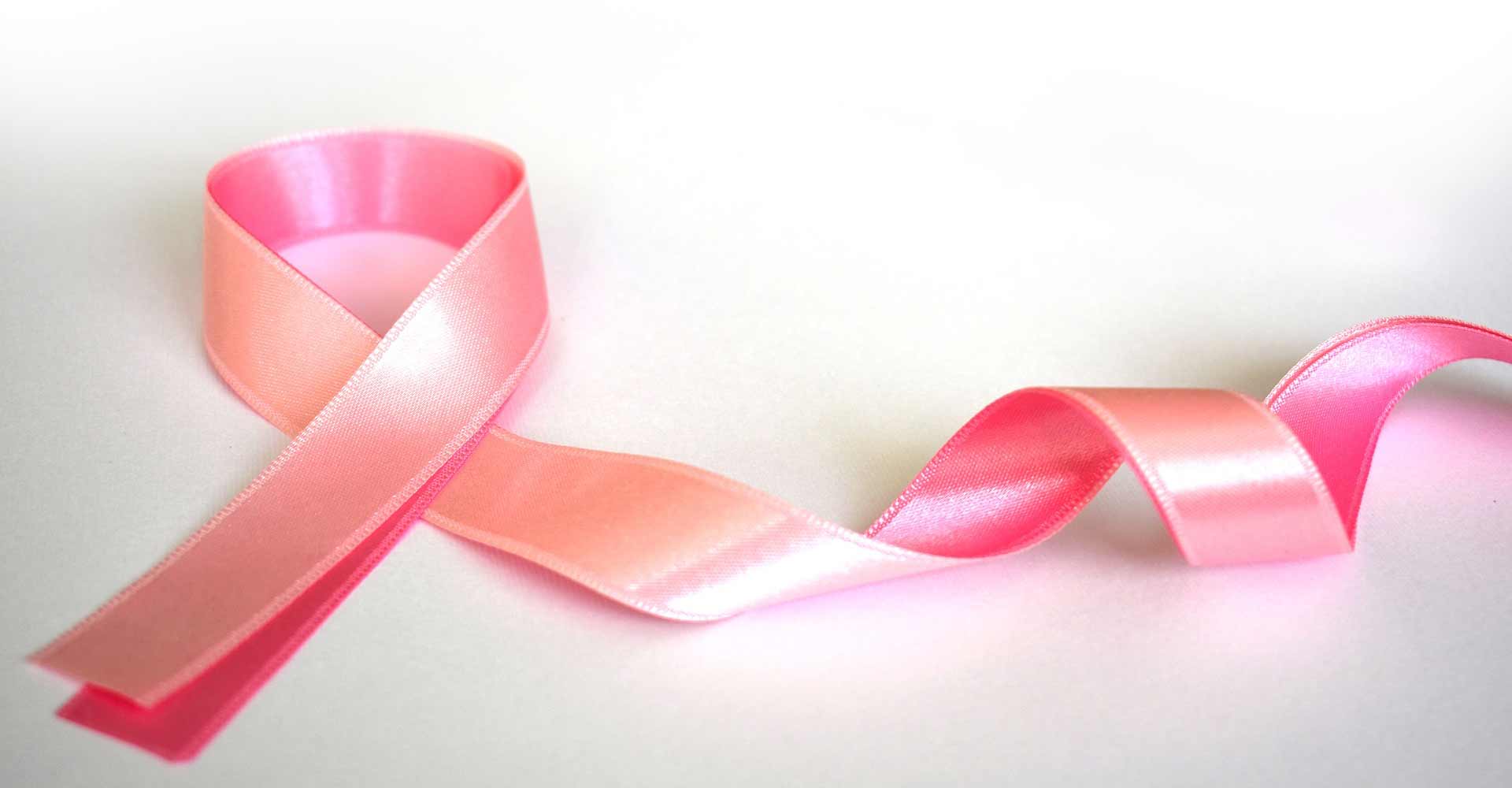Depression – the often-unseen side-effect of Breast Cancer
Kerryn via MyPressportal • May 15, 2020
During the current COVID-19 pandemic, breast health concerns and anxiety around breast cancer is still a reality for many women.
Breast Cancer does not stop during a pandemic.
In these uncertain times, it is even more important to be aware of the connection between depressive symptoms and breast cancer. Women who are being diagnosed and treated during this time are having to deal with the uncertainty and anxiety around the virus concerning their physical as well as financial well-being on top of the uncertainty of their own diagnosis, prognosis and treatment.
Even without a pandemic, there are many reasons why depressive symptoms are sometimes associated with a breast cancer diagnosis. There is the possible trauma of the diagnosis, the physiological side-effects of the various treatments (hormone fluctuations, fatigue, nausea, pain), the dramatic changes to your body following mastectomy and reconstruction as well as side effects from radiation and chemotherapy treatments such as weight gain or loss, for example.
Breast Cancer is the most common cancer in women and can carry all sorts of stigmas around self-image and sexuality. In recent times treatment has advanced significantly and it is no longer the death sentence it once was. The downside though is that the aggressiveness of the treatments can expose patients to quite extreme side-effects, including depression. This is why recognising the impact of breast cancer and its treatment on long-term outcomes, like your mental health, is so important.
It is therefore so important for treating doctors to spend time with patients at the time of their diagnosis to inform them of the possible side effects of treatment but to also reassure them of support and treatment available.
Fear of death, disruption of life plans, changes in body image and self-esteem, changes in social role and lifestyle, and financial and legal concerns are significant issues. That being said, serious depression or anxiety is not experienced by everyone who is diagnosed with cancer. Studies have shown that major depression affects approximately 25% of patients and the good news is it has recognisable symptoms that are treatable.
The treatment journey as a patient should be looked at holistically by a team of doctors – we have a responsibility to not just treat your physical but to take into account your emotional well-being too. Regular mental health check-ins should be standard. Doctors should be proactive about screening for depression throughout treatment and if there are signs of depression then you should be guided towards suitable support systems – whether that is support groups, private therapy and/or medication.
Our experience has shown that the following signs are indicators of potential depression so if you are experiencing any of these it is important to have a discussion about depression with your doctors:
- A history of depression.
- A weak social support system with little supportive human communication.
- Evidence of persistent irrational beliefs or negative thinking regarding the diagnosis.
- The cancer diagnosis causing a major disruption or dysfunction in your life.
However, it has also been proven (via a study that examined coping strategies in 138 women with breast cancer) that patients with better coping skills - such as positive self-statements – tend to have lower levels of depressive and anxiety symptoms .
What does this look like in practical terms? There are some practical things that will help navigate the diagnosis and treatment while minimizing the risk of depression. These still apply during a pandemic situation.
- Set realistic day-to-day goals. Be gentle with yourself and not expect that you will be able to do everything you did in the past.
- Human connection is important, especially if you are an older patient. If you are having to self-isolate, try to be in some form of contact with other people for at least an hour a day.
- It is important that you have someone to talk to and confide in. Whether it’s a professional, friend or family member.
- Participation in positive events/actions can be very helpful. Whilst many of the normal entertainment outlets have been closed, playing music, painting and other activities that have positive emotional connotations are still possible.
- Good nutrition is vital. A diet that is rich in fruits, vegetables, whole grains, and lean protein will bolster the immune system and aid in your well-being.
- Exercise is proven to reduce stress and ease depression. As an exercise is restricted circumstances can be a little difficult – reach out to your friends, family (and your doctor) for some exercise routine ideas that you can possibly do at home.
- Alcohol should be avoided as it is known to make depression worse and can interfere with antidepressant medicine.
Dr. Nici Zeeman, General Practitioner with a special interest in breast and thyroid health at Apffelstaedt & Associates













